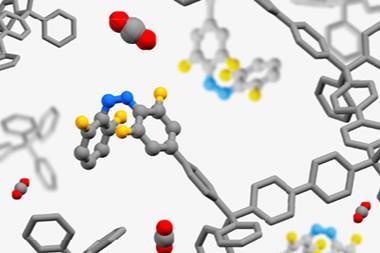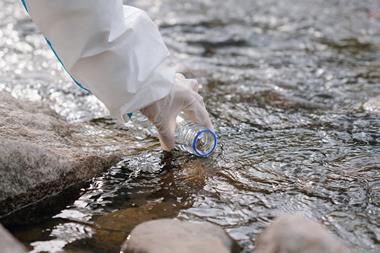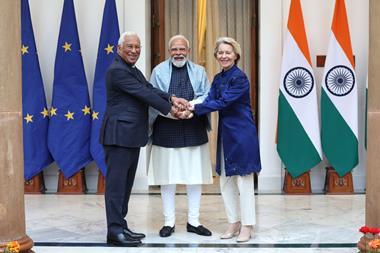A better understanding of the activity of malaria and an effective vaccine for the disease are both a step closer thanks to a team of chemists in Switzerland and the US.
A better understanding of the activity of malaria and an effective vaccine for the disease are both a step closer thanks to a team of chemists in Switzerland and the US.
It is thought that a class of glycolipids called glycosyl-phosphatidylinositols (GPIs) are key to malarial activity and that vaccines based on these molecules could trigger anti-GPI antibodies to neutralise the toxin.
To understand better the role of GPI in malaria and other diseases Peter Seeberger and Xinyu Liu at the Swiss Federal Institute of Technology (ETH) have developed a novel synthesis of these biologically important molecules that could also be applied to other natural products.
Together with his colleagues at the Massachusetts Institute of Technology, Seeberger has also developed a scalable and reliable synthesis for two antigens that are a key part in novel malaria vaccines. In order for the antigens to be tested in clinical trials large quantities of the chemicals are needed, making this effective synthetic route an important development.
Seeberger comments that ’the design and implementation of novel vaccines based on synthetic carbohydrate antigens.has come within reach’.
Caroline Evans
References
P Seeberger et al, Chem. Commun., 2004 (DOI: 10.1039/ <MAN>b407323a</MAN>)
X Liu and P Seeberger, Chem. Commun., 2004 (DOI: 10.1039/ <MAN>b407324j</MAN>)






No comments yet